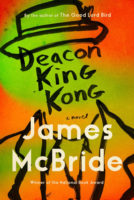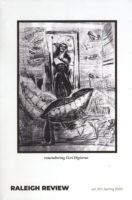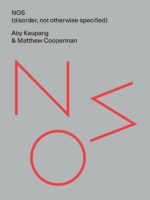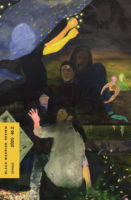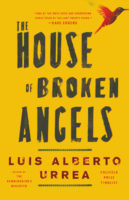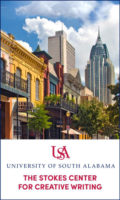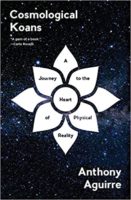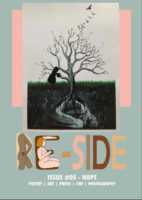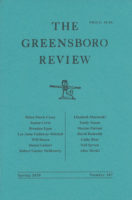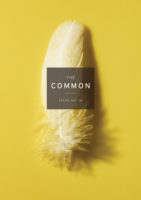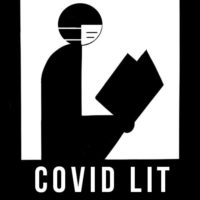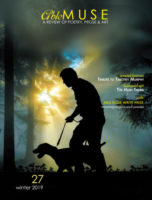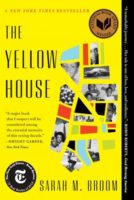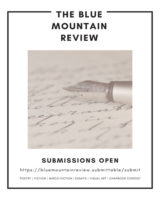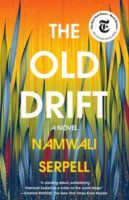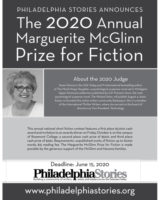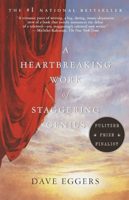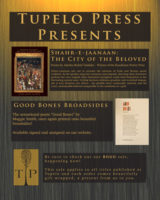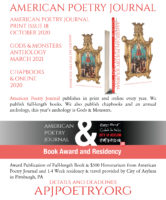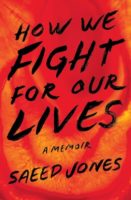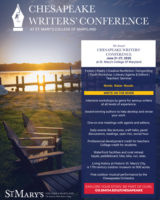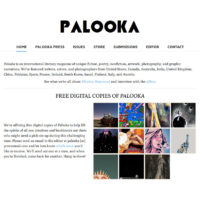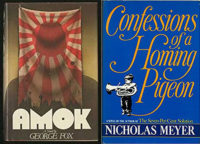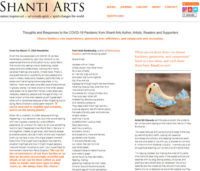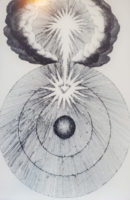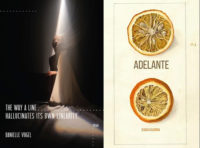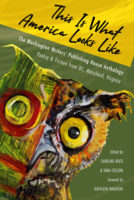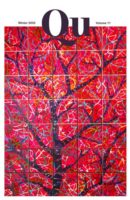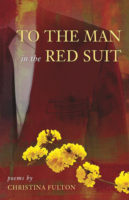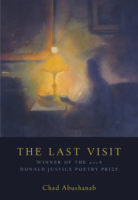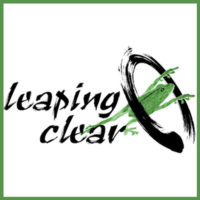James McBride Offers a Moment of Happiness
My pleasure reading is typically done at night, in bed with my Kindle. Mid-pandemic, however, reading has become less a pleasure and more an exercise in mindfulness as my mind drifts towards panic about my family, the world, and my zany and delightful middle-school students. I begin and then abandon many a book, just like my students, because who has time to waste on a book that doesn’t hold you? And then James McBride’s Deacon King Kong stumbles into view, and any book bold enough for that title is something I’ll consider.
McBride’s novel centers on a crime that takes place in and around a Brooklyn housing project in 1969 when a drunken and elderly character named Sportcoat pulls out a gun and shoots a 19-year-old drug dealer. The crime occurs early afternoon, and although the audience for the shooting in the housing project is young drug dealers, older churchgoers, janitors, and undercover police, the crime reverberates in the surrounding quiet Brooklyn neighborhood of mob bosses and organized criminals. McBride’s novel is part Greek tragedy, police procedural, crime thriller, and there is a bit of ghosty stuff thrown in for good luck.
The nicknames of McBride’s characters are hilarious, and while reading, I think of my students who would delight in encountering the character of Sister T.J. Billings affectionally known as Bum Bum, and Hot Sausage, a friend of Sportcoats. And in a vignette when church folk tell stories of Sportcoat’s many near-death experiences, and describe the time, “He went “fatty boom bang!” I laugh and keep on reading because I care about Sportcoat, and I’m happy.
Deacon King Kong by James McBride. Penguin Random House, March 2020.
Reviewer bio: Liz Bertsch teaches in an independent school on the East End of Long Island. Her essays have appeared in a variety of arts and literary journals.
Buy this book through our affiliate Bookshop.org.

